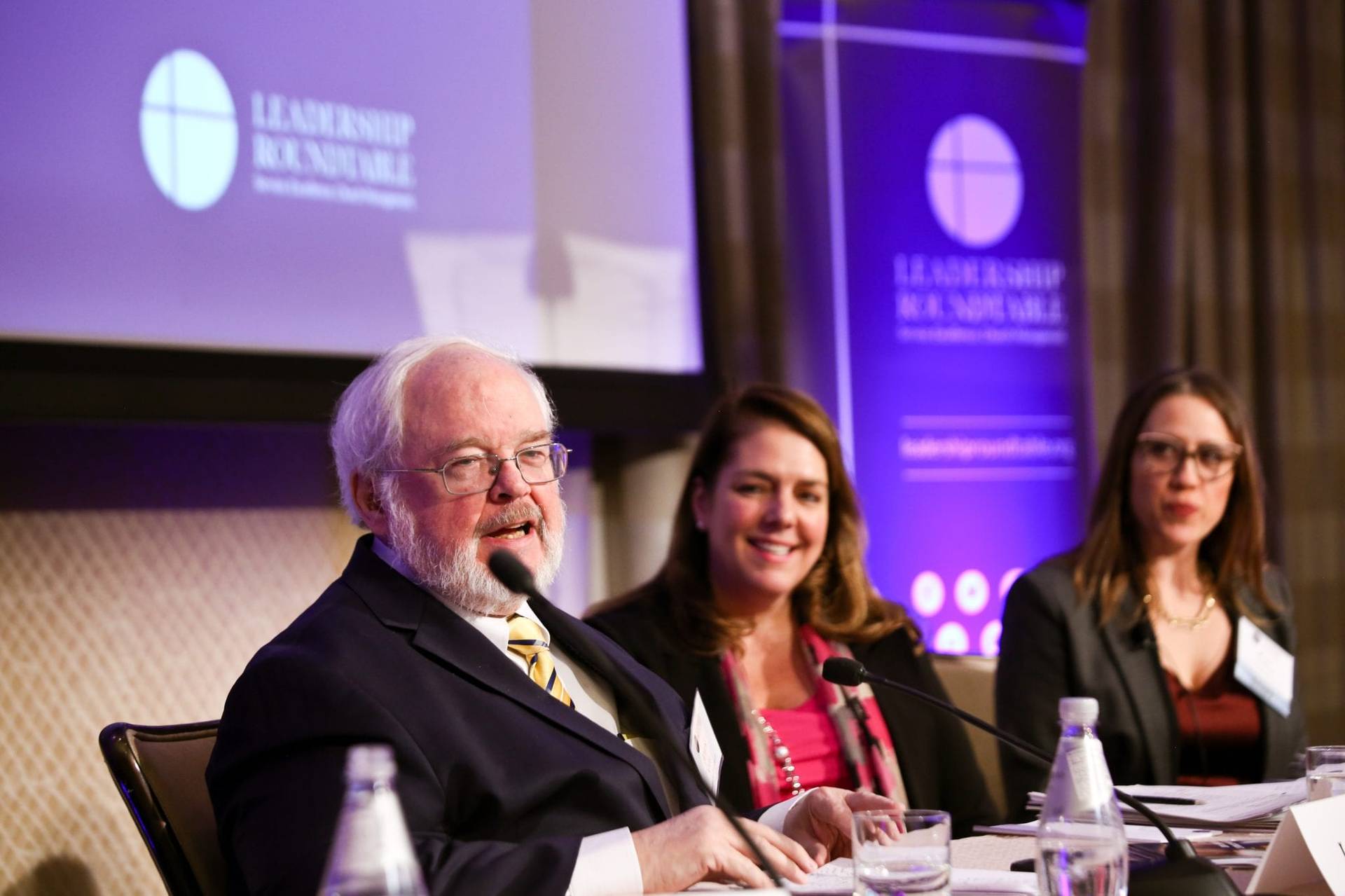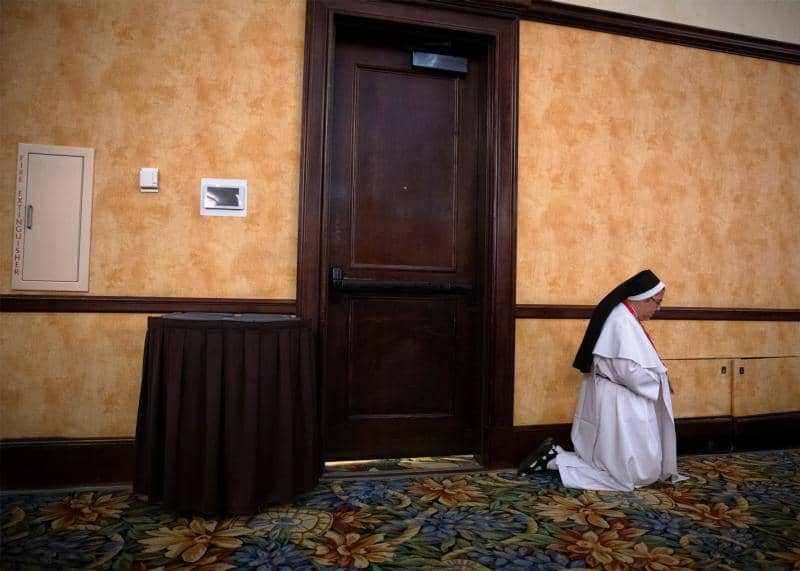ROME – For some bishops the topic of clerical sexual abuse – or the more foreign concepts of accountability and reparation – still has them clutching their miters.
But a woman canonist speaking on day two of the ongoing Vatican summit on the protection of minors Feb. 21-24 reassured clergy that these questions are not limited “to social and organizational needs” or “to the need for transparency,” but are “to be sought in the nature of the Church as mystery of communion.”
“Not infrequently, I feel the preoccupation in the Church for the attention that is dedicated to the issue of sexual abuse of minors,” said Italian Professor Linda Ghisoni, 53, undersecretary of the Dicastery for Laity, Life and Family and a consultor to the Congregation for the Doctrine of the Faith.
“A priest, a few days ago, exclaimed ‘Still? We continue talking about abuse! The Church’s attention to this theme is exaggerated’,” the mother and canonist said Feb. 22, adding that even laypeople have suggested to her that speaking of sexual abuse undermines the credibility of the Church.
“To these people – and even before to myself – I say that becoming aware of the phenomenon and understanding one’s responsibility is not a fixation,” Ghisoni said. “It is not an accessory inquisitorial action to satisfy mere social needs, but an exigency stemming from the same nature of the Church as a mystery of communion founded in the Trinity.”
Ghisoni presented the concept of accountability as something that does not undermine the power of the bishop in his own diocese, but instead is in line with the principles laid out by Vatican II and the 1985 Synod of Bishops.
“A correct relationship between the bishop and priests leads to a real taking charge of the priests by the bishop, materially and spiritually, on which lies in the first place the responsibility for their sanctity,” she said.
Taking up the larger part of her presentation was the need for a further engagement of laity, especially concerning questions of sexual abuse. Bringing in lay people, Ghisoni said, is not a way to “reclaim the protagonism of someone” but a chance to “make visible the multifaceted richness of the Church.”
“The laity, the consecrated are not to be mere executors of orders by clerics,” she specified, and the ordained ministry, including bishops “cannot act alone or limiting its discernment to a few.”
The need to include the diversified richness within the Church in such matters must not be confused with “two erroneous positions,” which she described as “extreme and unproductive slogans.”
The first mistake is for the bishops who “cannot think that matters concerning the Church can be resolved by him acting alone or exclusively among peers,” Ghisoni said. The second error is to imply that the inclusion of laity “is a guarantee of greater correctness.”
“As a lay woman, wife and mother, I must honestly note that among the priests, among the religious, as among the laity there are people who are not free, but would be willing to cover theoretically and collaborate with someone instead of giving a loving, intelligent and free service of the Church and faithful to their own vocation,” she said.
In practical terms, the canonist offered six points of reference and reflection for the bishops convening in Rome to discuss the sexual abuse of minors within the Church.
1) Knowledge and study of the practices that have already been put into practice and produced positive results, with the inclusion of competent lay people. “There should not be a business class in some particular churches and an economy class in others,” Ghisoni added, underlining the importance that the criteria and procedures be uniformly adopted everywhere.
2) In the national guidelines for the protection of minors, which Pope Francis invited all episcopal conferences to prepare, “a specific chapter is to be inserted that determines reasons and procedures of accountability,” she said. Also councils should be created to work closely with the bishop.
3) Each episcopal conference should have independent consultative commissions, comprised of clerics but necessarily lay people, “to advise and assist the bishops and religious superiors and to promote a uniform level of responsibility in the various dioceses.”
4) While accountability should be evaluated locally, “it is opportune to think about a central office,” Ghisoni said, “to promote the formation of these organisms properly with ecclesial identity.”
5) The canonist also asked that the current legislation on pontifical secrecy be revised “in a way that it protects the values it intends to protect.”
6) Finally, Ghisoni asked that the forms of communication be reviewed, because “an unjustified confidentiality, as well as an uncontrolled disclosure, risk generating bad communication and not to render a service to the truth.”














